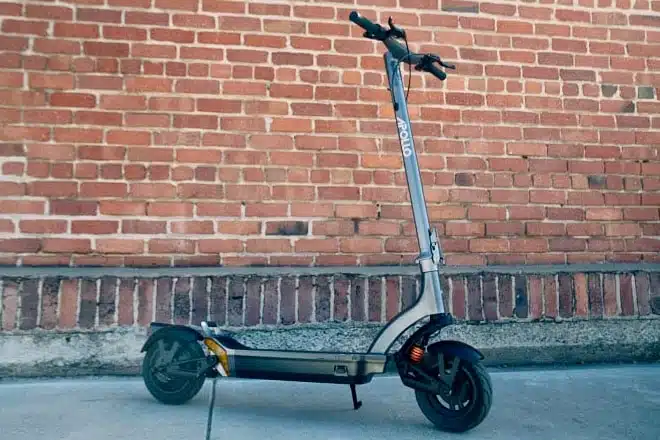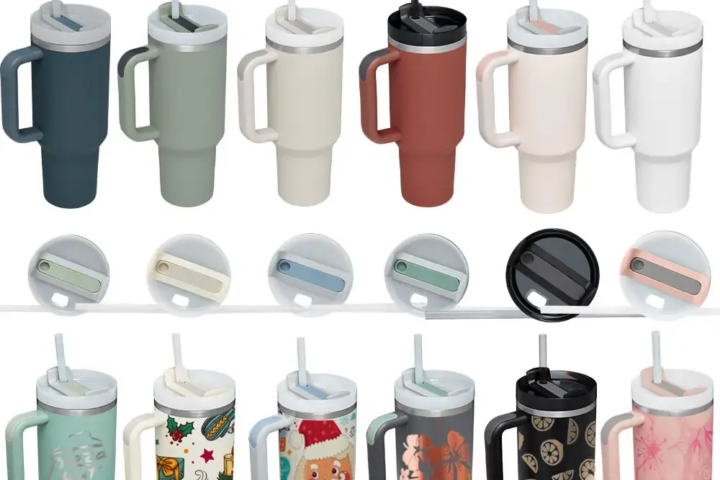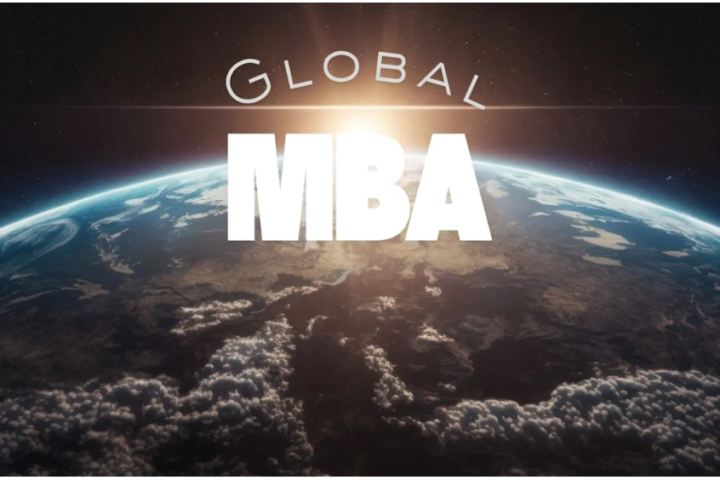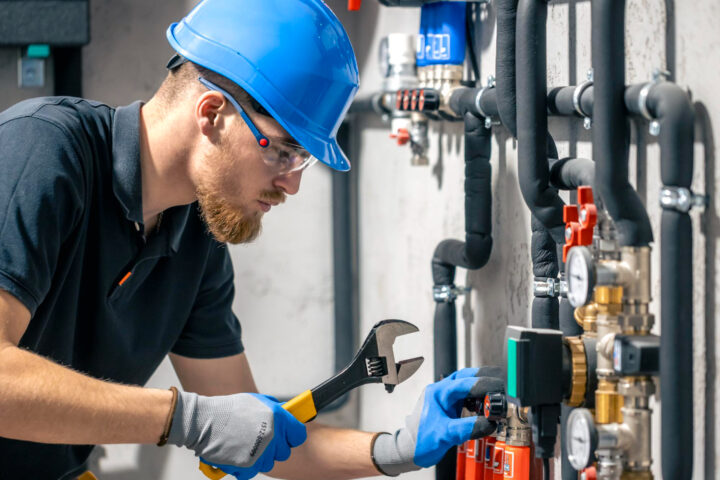At first glance, selling in Taiwan might look simple. Mandarin is spoken in both Taiwan and mainland China, so many brands assume the same content will work in both markets. But that’s where mistakes begin. Language is more than words; it carries culture, habits, and expectations. Taiwanese shoppers notice when something feels copied, and instead of building connection, it creates distance. Taiwanese shoppers don’t want recycled phrases or content that sounds like it belongs somewhere else. They want a message tailored to their world.
This is where the right approach matters. A Chinese translation company can handle the basics, but true success in Taiwan means going beyond word-for-word swaps. It’s about capturing tone, context, and cultural detail so that your brand feels local, not foreign. That’s why working with professional translation services makes all the difference.
In this article, we’ll see why direct translations fail, how Taiwan’s culture shapes shopping behavior, and how professional translation agencies can help businesses succeed.
Why Literal Translations Fail
Mandarin is shared across both regions. Yet Taiwanese Mandarin is not the same as mainland Mandarin. It has its own style, rhythm, and vocabulary. A sentence that feels smooth in Beijing might feel different in Taipei.
Think of buying skincare online. If the description uses mainland buzzwords, Taiwanese shoppers notice. They lose interest in the product. What matters isn’t correctness but emotional connection. Literal translations deliver words but not emotions. In e-commerce, emotion drives trust. Without trust, customers leave.
Culture Shapes Choices
Taiwan’s culture adds another layer. Words carry meaning beyond their literal sense. Local slang, humor, and references don’t match those in mainland China. What excites one audience may confuse another.
Taiwanese consumers value warmth and honesty. Overly aggressive language feels insincere to Taiwanese shoppers. They prefer a friendly tone. They want information that is clear, not exaggerated. This is where localization comes in. It’s not enough to translate. You must adapt. MarsTranslation helps businesses by localizing content that feels truly local. Their teams know how Taiwanese people speak and how they shop. They help brands strike the right balance between accuracy and authenticity.
Common Mistakes Companies Make
One mistake is treating Taiwan as a copy of China. Businesses often copy text directly from Chinese websites. That text doesn’t reflect Taiwan’s voice.
Another pitfall is depending heavily on machine translation, which often overlooks cultural nuance. The results may be accurate but still sound strange. For e-commerce, “strange” means lost sales.
A third mistake is ignoring after-sales language. Emails, return instructions, and live chat all matter. Bad communication after a sale hurts more than bad wording before it.
Taiwan’s Digital Market and Language Fit
Taiwan may be smaller than China, but its e-commerce scene is vibrant. People shop online daily, buying everything from food and clothes to gadgets. Apps and websites are a normal part of life, yet what sets Taiwan apart is how carefully shoppers read product pages. They don’t just glance at prices; they notice tone and word choice. If something feels off, trust drops, and in such a crowded market, that can cost a sale.
This is why direct translations often fall short. Words might look fine on the surface, but they don’t always feel local. To connect with shoppers, brands turn to professional Taiwan language translation services that make content sound natural and trustworthy.
But translation is only part of the picture. In Taiwan, digital marketing has to match the way people interact online. Shoppers spend hours on LINE, Facebook, YouTube, and Instagram, where they follow influencers, join group chats, and rely on reviews before making a purchase. If your wording doesn’t fit the tone of these platforms, your ad gets ignored. A sentence that works in a product description can feel awkward in a social post, making your brand seem out of place.
Localized marketing bridges this gap. A LINE promotion should feel like a friendly chat, a YouTube ad like advice from a friend, and a Facebook post like a real conversation. When translation and digital marketing work together, brands don’t just enter Taiwan’s market; they become part of it.
Significance of Professional Translation Services
Taiwan must be treated as a separate market. Success comes from understanding that difference. Professional services make this possible.
Linguists trained in Taiwan’s culture know what works and what doesn’t. They adjust product pages, ads, and even customer service replies. They also help with technical details like SEO and compliance. That combination gives brands a competitive advantage.
With expert help, language becomes a tool for growth. It creates a bridge between companies and customers. MarsTranslation can be your bridge to communicate your message in as many languages as you want. They combine linguistic skill with cultural insight. That’s why many businesses rely on them when catering to Taiwan’s digital market.
Conclusion
Succeeding in Taiwan isn’t about reusing content from China. It’s about building trust through language that feels natural. Shoppers in Taiwan notice small details. If something feels borrowed, they lose interest fast. Taking the assistance of professional translation agencies is the solution to this problem. They translate the content while keeping cultural and regional nuances, which results in building a long-term relationship with the customer. This is what makes a brand feel close, not distant. When businesses take the time to adapt, shoppers respond. They feel respected. They make repeated purchases. With the right partner, like MarsTranslation, brands don’t just translate; they belong. They speak in a way that feels familiar, honest, and warm. That’s what makes business entry to Taiwan easy.












